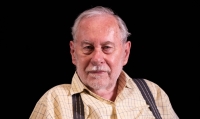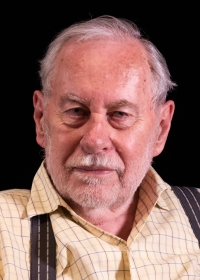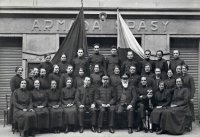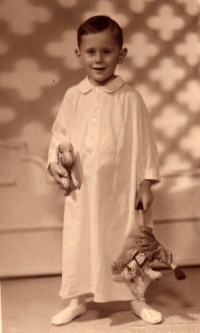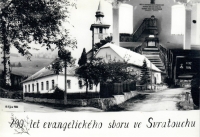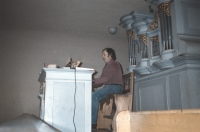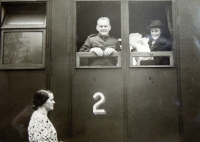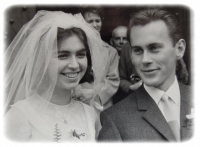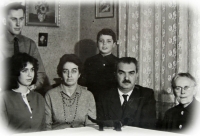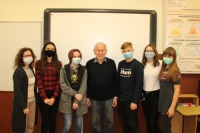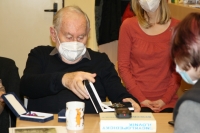Democratic regimes must make sure that one does not get out of prison in a worse situation than one was before
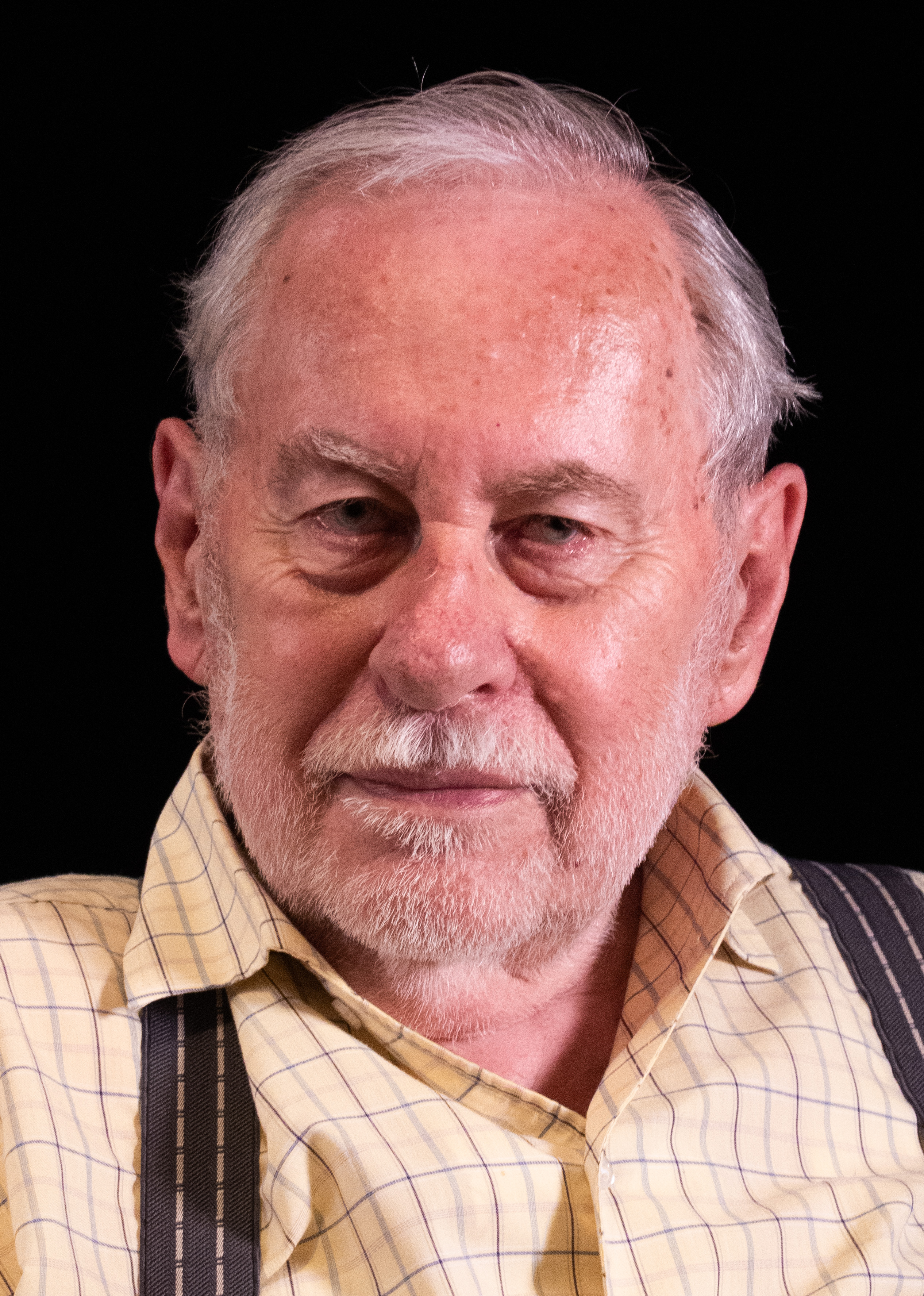
Download image
Bohdan Pivoňka was born on July 2, 1940. His father František Pivonka [written without a caron] was a high-ranking representative of the Salvation Army, a Christian organization that, in the spirit of the motto “Heart to God, hands to men”, is still dedicated to social service. The Communists declared the Salvation Army a spy organization, and in 1959 František Pivonka was arrested for alleged foreign exchange fraud (the Salvation Army had a leadership in London and members saved for retirement at English funds). He died in jail in unclear circumstances. Bohdan Pivoňka graduated from the Comenius Evangelical Faculty of Theology and became a pastor of the Czech Brethren. During the normalization, he worked in the village of Svratouch in the Vysočina region, signed Charter 77 and the so-called Letter of Thirty-One, in which Czech parishioners and lay people criticized the situation in the church. In the 1980s, he organized seminars and lectures for young people in Svratouch. He was monitored and repeatedly questioned by the State Security. After the revolution, he initiated clerical care in prisons, was for many years the chief chaplain of the Prison Service of the Czech Republic, and also personally led pastoral talks with prisoners.
